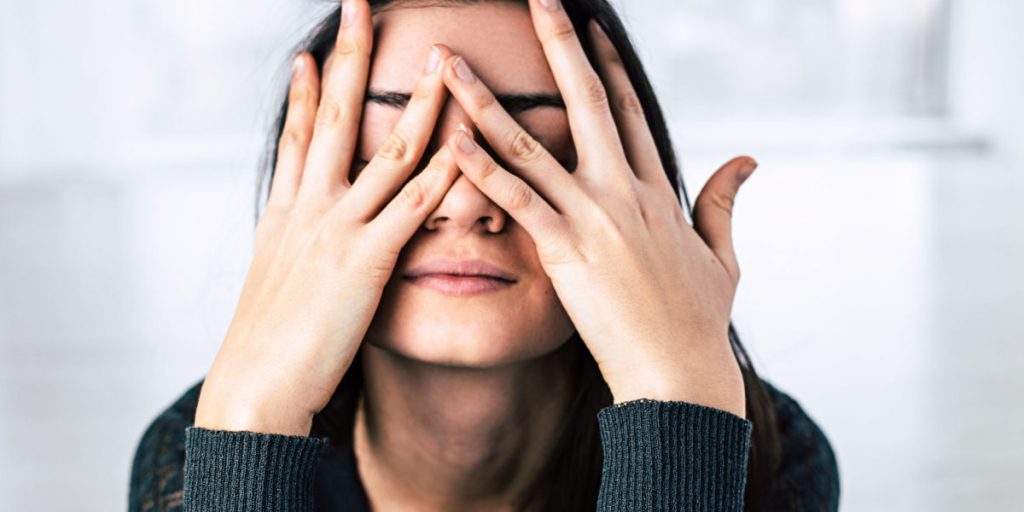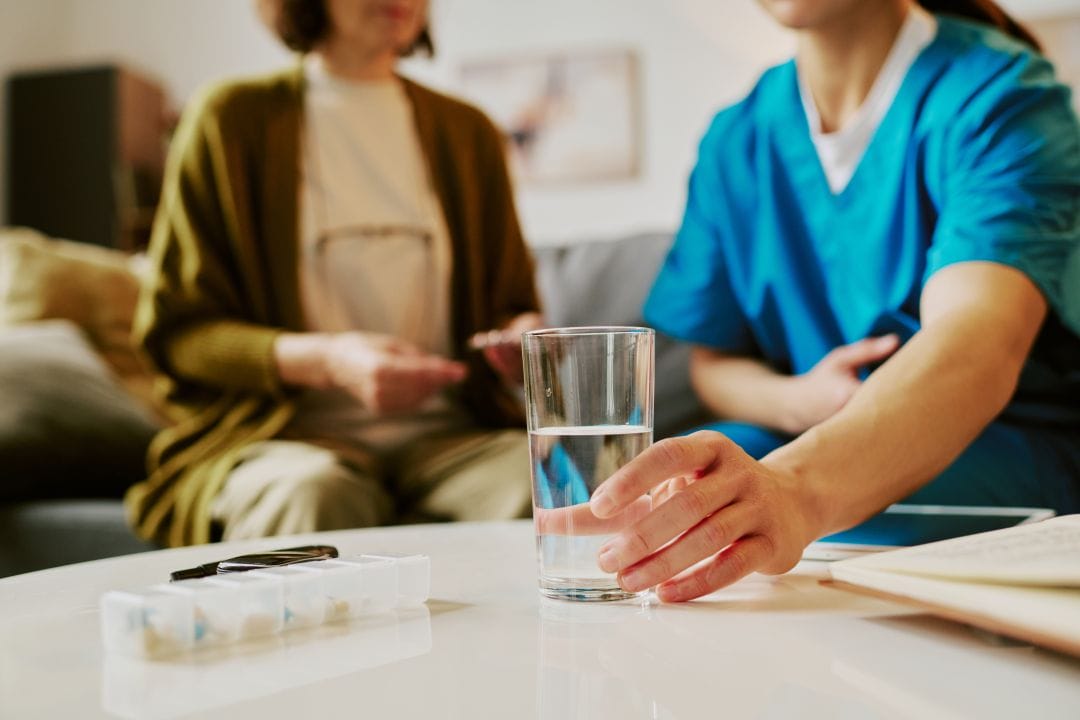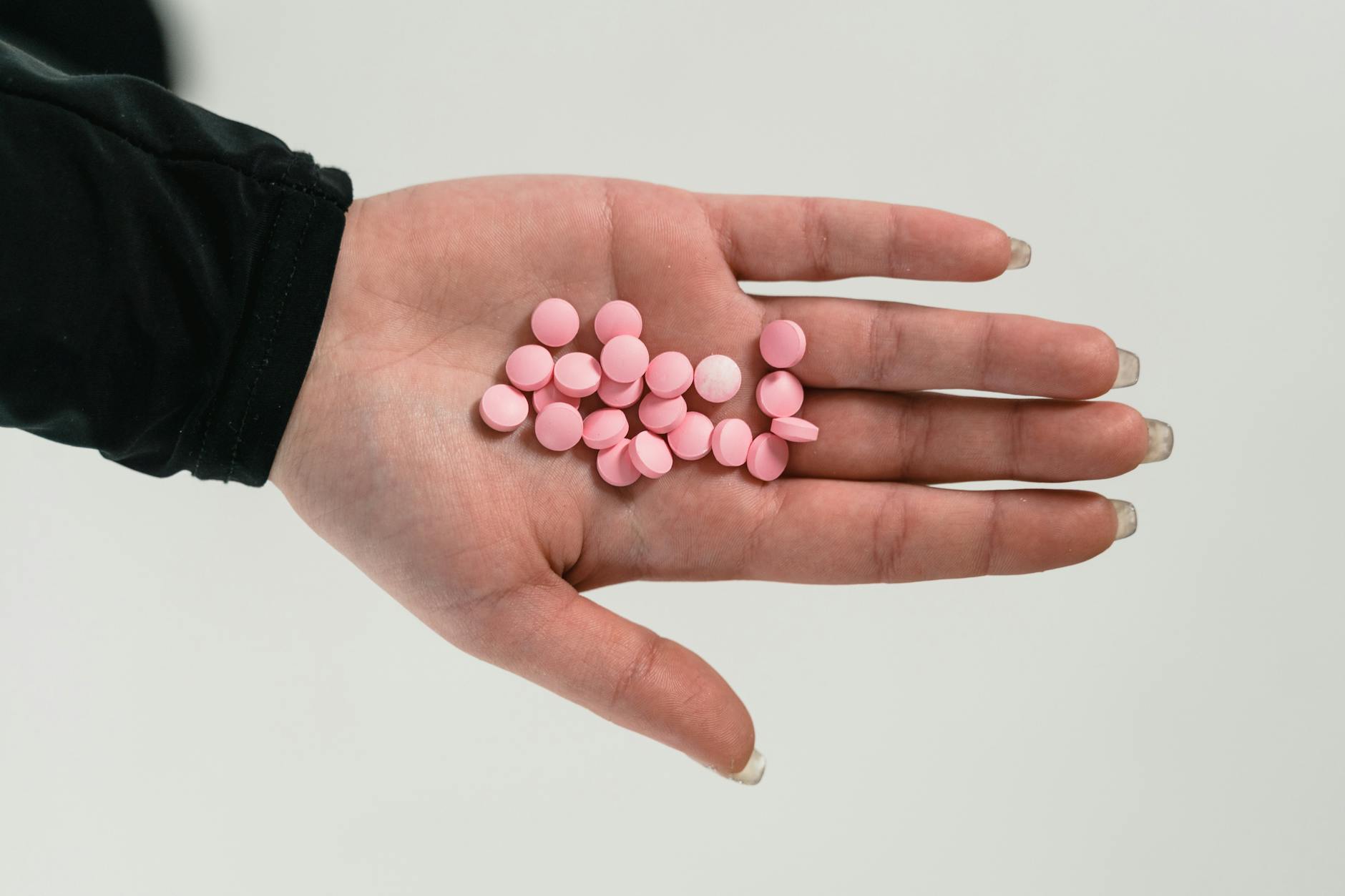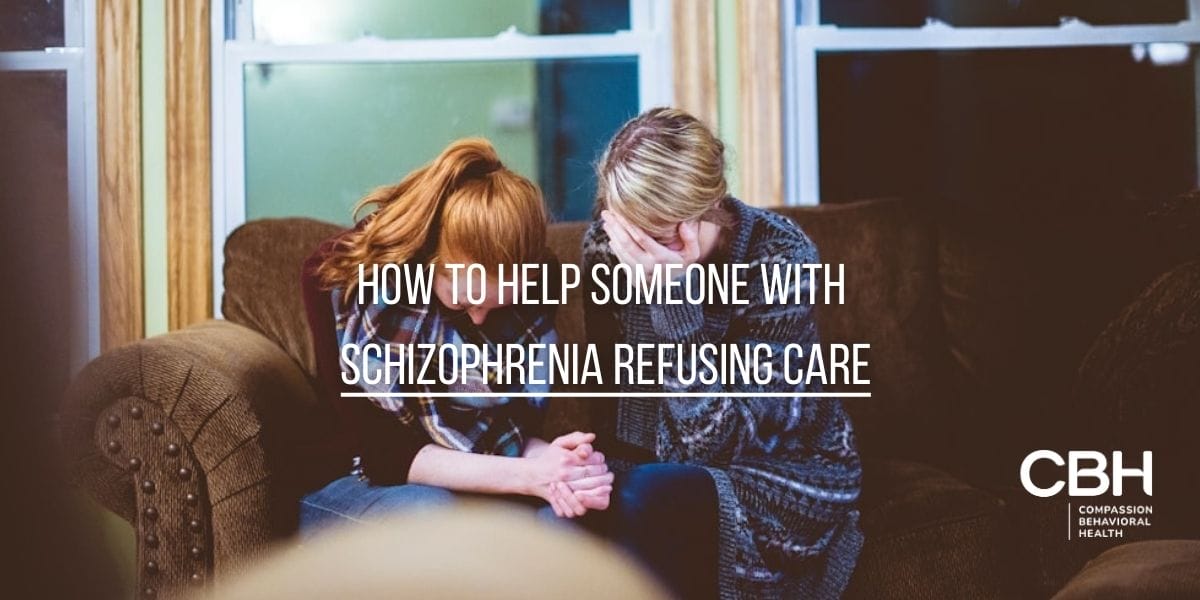Finding Relief Amidst Alcohol Cravings
For those recovering from alcoholism, experiencing alcohol cravings can often feel distressing and debilitating. Today, we are going to discuss some coping strategies for when an urge to drink arises.
Know the Signs of Alcohol Withdrawal
The symptoms of alcohol cravings or withdrawal are not universal to everyone. Each person has their own unique experience. However, some signs that you might want to look out for could include:
- Sweating
- Shaky hands
- Fits of nausea
- Mood changes like depression, anxiety, or irritability
- Difficulty resting or sleeping
Actions to Reduce the Frequency of Cravings
Avoid Places Where Triggers Happen
Places like bars or events where drinking is the primary activity can play major roles in influencing alcohol cravings. Using your best judgment, determine if going to a particular establishment or gathering is the right choice for you in your current stage of recovery. There is no shame in putting your wellbeing first and declining an invitation if you think it could escalate your cravings.
Practice Mindfulness and De-Escalation
Stress-relieving activities like meditation can help you calm your mind and recenter yourself. Over time, repeated mindfulness exercises produce a more peaceful overall mindset and perspective, making managing cravings less difficult or stressful.
Engage in Stimulating Sober Activities
Boredom and idleness can trigger cravings for alcohol in many people. Try engaging in a fun activity when these feelings arise to keep your mind off of any cravings or urges to drink.
Join a Support Group
Sobriety support groups like Alcoholics Anonymous provide a judgment-free space for you to talk about your struggles with alcohol and cravings. Community systems within these groups like sponsors can also help connect you with others who have maintained their sobriety for long periods of time and can offer you further support when you need it.
Talk to an Addiction-Informed Mental Health Specialist
Alcoholism can occur alongside other mental health struggles you might be facing. By talking to a counselor or therapist, you can work to address these while also receiving treatment and support for your difficulties with drinking.
Ask a Loved One to Check-in With You
For some people, accountability can motivate them to continue in sobriety. If you feel this way, ask a loved one that you trust to call you periodically and check in with you to see how you are doing with your sobriety.
Keep a Journal
Journaling can prove an effective tool for recording your feelings and identifying patterns in your life that could be influencing your cravings. When you are experiencing a craving, write it down in your journal and record the circumstances around this moment like where you are, what you were doing beforehand, and who you are with.
Actions to Cope with Cravings in the Moment
Leave the Triggering Event or Place
If you are out at an event or place where you start to feel cravings, take a moment and step outside to cool off and get away from the alcohol. After a few minutes of rest, decide whether you want to go back in and continue your stay or leave to go somewhere else.
Practice a Grounding Exercise
Try a grounding exercise like brief meditation, repeating a personal mantra, reminding yourself why you have given up alcohol, or saying a prayer if you hold spiritual beliefs. These practices can help calm your mind and reorient your perspective.
Cool Off Physically
Do alcohol cravings make you feel hot, sweaty, or flustered? Try to cool off physically with an ice pack, running the air conditioning in your car, stepping outside for fresh air, or drinking a cold glass of water. This can help relieve uncomfortable physical symptoms of cravings.
Have a Snack
Sometimes, we are more hungry than we realize. This can alter a person’s mood and make them feel more irritable or “on-edge.” In these moments, eat a filling snack to relieve the hunger in the moment. If you notice that eating can help relieve your cravings, eat a slightly larger meal portion than you normally would so that you feel fuller for longer.
Take Medication (If Prescribed)
Talk to your doctor about medication for alcohol cravings and withdrawals. Depending on the symptoms you experience, a medical professional might advise a prescription. Commit to the treatment plan and follow the medication’s instructions to ensure that you can maintain a healthy recovery.
Talk to Someone You Trust
Sometimes, we might just feel the need to vent to another person about our struggles with cravings. Ask a loved one, a sponsor, or your mental health provider if you can call them in moments where you’re feeling distressed from cravings.
Get Compassionate Help for Alcohol Abuse in South Florida
At Compassion Behavioral Health, we provide caring and judgment-free treatment for people living with alcoholism in South Florida. If you are interested in seeking help for your own struggles with drinking, please call us anytime at (844) 999-0870 or reach out online.



